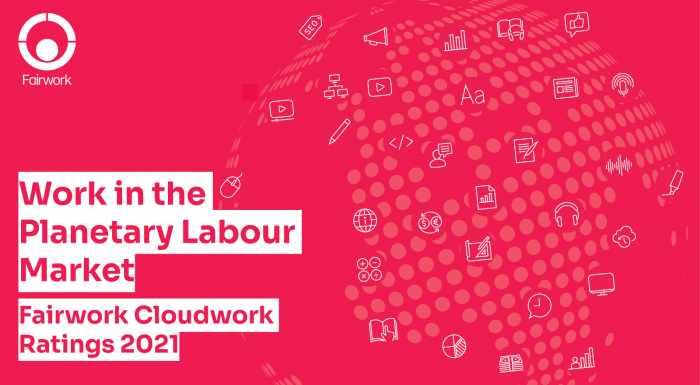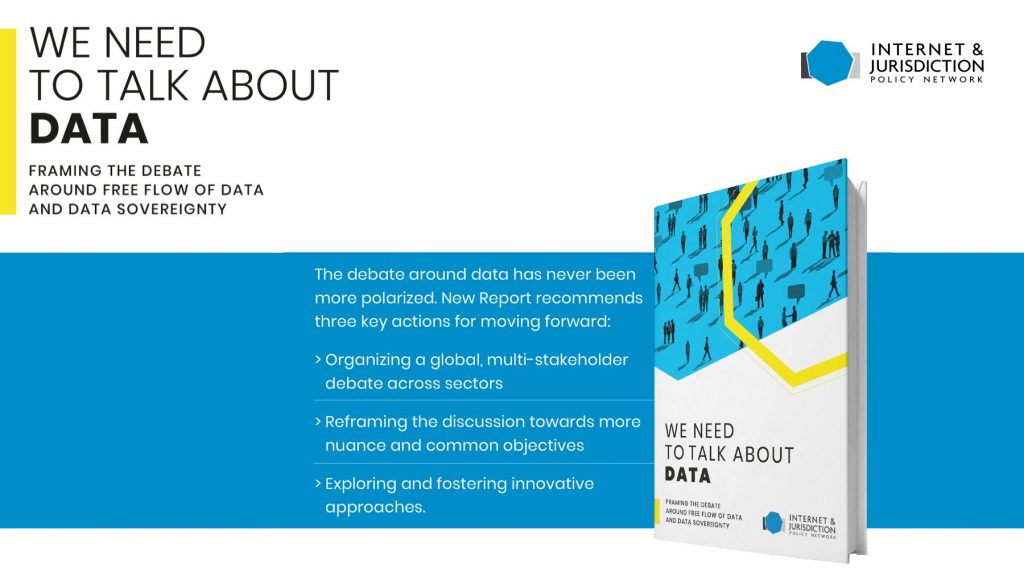Allgemein
Almost half of the internet users receive misinformation on the coronavirus
Almost half of the adult online users in Germany (46%) state that they have seen false or misleading information about Covid-19 within one week. The greatest concerns about encountering false information about the coronavirus are towards Facebook (28%) and messenger apps (14 %) as well as towards activists as senders (31%). Journalistic actors play only a minor role from the respondents’ point of view (6%). These are the results of the Reuters Institute Digital News Report 2021, for which the Leibniz Institute for Media Research in Hamburg conducted the German part of the study. The study is based on 92,372 respondents from 46 countries on six continents.
Read MoreDigital sovereignty in Africa. German Federal President Steinmeier in dialogue with experts from 14 African countries
On 24 June 2021, German Federal President Frank-Walter Steinmeier will be attending the “Toward an African Narrative on Digital Sovereignty” research sprint via a live online connection. Together with the participants, he will talk about new solutions for Africa’s digital economy in order to realise the national and individual interests of the continent’s citizens. The sprint is part of the “Ethics of Digitalisation” research project at the Global Network of Internet and Society Research Centers (NoC). The Federal President is the patron of the project.
Read MoreNew Oxford report shows freelance and microwork platforms fail to provide minimum fairness standards for their global workforce
Millions of people across the world now work remotely for freelance and microwork platforms, creating a largely invisible workforce, often based in low-income countries, that offer outsourcing services to international clients and help power AI systems. While online work has been associated with freedom and empowerment and a borderless labour market, a new report by from the Oxford Internet Institute, part of the University of Oxford, reveals that these ‘ghost’ workers often face low pay, risky and exploitative conditions, opaque disciplinary systems and little to no bargaining power. The Oxford report calls for greater protections for gig workers across the globe.
Read MoreOxford study calls for greater government support for public libraries to help bridge digital divide
Oxfordshire Libraries are facing significant challenges to meet the digital needs of their users, according to a new report from the 2020 Oxfordshire Inclusion Project. The report’s authors, from the University of Oxford, are calling for libraries to receive more resources from central government to plug the gap.
Read MoreDemocracy in Flux
The transformation of democracy through digital public spheres is the topic of a virtual conference on June 17 and 18, 2021. The “Weizenbaum Conference” is being organized by the research area “Democracy – Participation – Public Sphere” of the Weizenbaum Institute for the Networked Society and Freie Universität Berlin under the direction of Professors Barbara Pfetsch, Jeanette Hofmann and Professor Martin Emmer of the Institute of Journalism and Communication Studies. Under the title “Democracy in Flux – Order, Dynamics and Voices in Digital Public Spheres,” speakers from several countries will discuss digital technologies and their effects on democratic orders, political actors, and social practices on virtual panels. Interested parties can follow the presentations and discussions via livestream. Registration is required and participation is free of charge.
Read MoreNew series of talks: Who gets to say who gets to speak?
HBI’s Private Ordering Observatory starts “Private Ordering Perspectives”, a series of talks on how to create good rules for better private ordering. The series starts on 10 June with the first three dates at lunch time and will continue in July and September.
Read MoreExpansion of research on digitalization: CAIS becomes an institute with long-term funding
The Center for Advanced Internet Studies (CAIS) in Bochum will receive long-term funding from the state of North Rhine-Westphalia from April 2021 and will be expanded into a central research institute. Minister-President Armin Laschet and Minister for Culture and Science Isabel Pfeiffer-Poensgen will formally communicate the decision to CAIS Director Prof. Dr. Michael Baurmann on 6 May 2021. CAIS will run four research programs to explore digital transformation in all its facets. The state will support the new research institute with an initial 2.1 million euros in 2021, and an annual six million euros in the final phase starting in 2024.
Read More#UseTheNews study: young people often have no connection to the reality of their own lives in journalistic news
A nationwide study by the #UseTheNews project reveals a deep information gap in the upcoming generation: about half of the young people do not consider it important to be informed about news and current events. At the same time, they are significantly less informed than their peers who also regularly use journalistic news sources. However, journalistic offers are only one of many sources of the information they use. These are the results of the #UseTheNews study “News Usage and News Literacy in the Digital Age”, initiated by the dpa and the Hamburg Ministry for Culture and Media. The study was conducted by the Leibniz Institute for Media Research. The results were presented and discussed today at the Mediendialog Hamburg [Media Dialogue Hamburg].
Read MoreThe first open access repository of platform policies: HIIG launches new Platform Governance Archive
With the Platform Governance Archive (PGA), the Alexander von Humboldt Institute for Internet and Society (HIIG) is taking a pioneering step in collaborative research on online platforms and their governance. The archive is open to researchers, citizens and journalists from all over the world. It collects and organises platforms’ documents on their regulation and governance and makes them accessible via open access.
Read More“Data Sovereignty” vs “Free Flow of Data”: a polarized policy debate is dangerous for our digital future, warns new I&JPN Report
Data is everywhere and it is an increasingly valuable asset for firms, governments, and society at large. Due to its importance, it is no surprise that the issue is high on international policy agendas. However, a growing polarization in policy debates hampers constructive ways forward to handle the massive amounts of data across borders, which now underpin almost all human activities.
Read More




